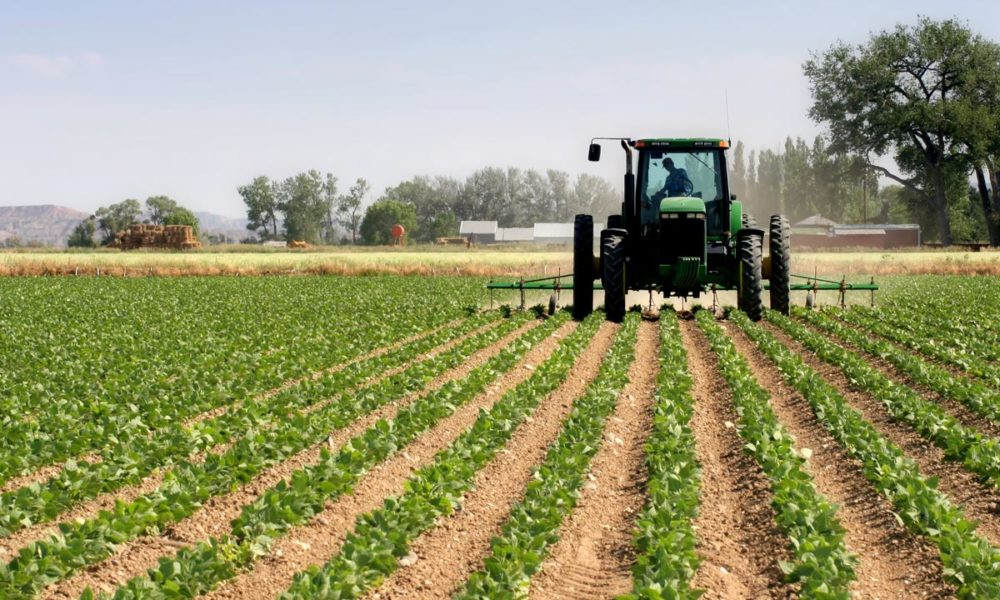Loans
Farmers Are Refusing To Pay Back Loans – CBN Cries Out

The Central Bank of Nigeria (CBN) has cried out over the refusal of the majority of farmers who benefited from the Anchor Borrowers’ Programme (ABP) to repay their loans.
CBN Development Finance Officer, Mr Sadeeq Ajayi revealed this at the Agribusiness Innovation Clinic.
He claimed that the majority of the beneficiaries regard the loan as their part of the national cake in his speech entitled Fostering Innovation and Collaboration Across the Agricultural Value Chain, which was organized by the Global Alliance for Improved Nutrition (GAIN).
He urged farmers who had delayed their agricultural loans to repay them, claiming that the CBN’s failure to retrieve the loans from defaulting farmers had jeopardized the plan and prohibited other farmers from using it.
“While the Anchor Borrowers’ Programme had recorded some level of success, the failure of farmers to repay the loans has, however, been a major setback.
“Many of the farmers refused to pay back their loans due to the misconception that since CBN is the lender, the loan is a ‘national cake’ and they do not have to pay back what they consider theirs as citizens.
“This attitude has made it difficult for other farmers, who also want to access the loan, to benefit from the scheme,” he said.
In 2021, about 2.85 million farmers benefitted from the Anchor Borrowers Programme. Investors King gathered that N554.63bn was disbursed, of which N61.02bn was allocated to 359,370 dry season farmers.
In its October monthly report, the CBN also revealed that the Anchor Borrowers Program disbursed N1.9 billion to 2,521 farmers to cultivate 8,963 hectares of land through three participating financial institutions.
Cassava, cotton, fish, groundnut, maize, poultry, rice, soya beans, wheat, cattle, sorghum, ginger, castor seed, sesame, tomato, cocoa, yellow pepper, oil palm, cowpea, and onion were among the crops cultivated on 3,097,834 hectares, according to the report.
ABP is an agricultural loan scheme launched by the federal government in 2015 through the Central Bank of Nigeria (CBN) to provide loans (in kind and cash) to smallholder farmers in order to increase agricultural production, create jobs, and reduce food import bills in order to conserve foreign reserves.